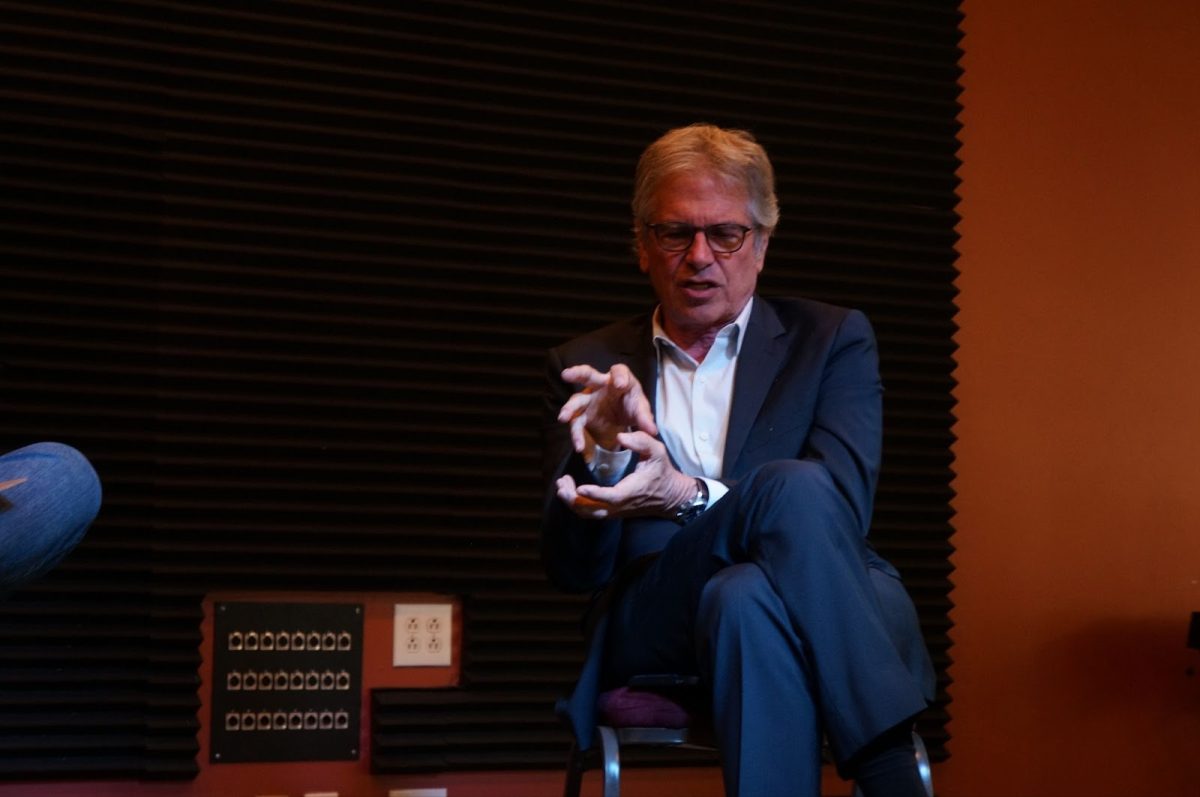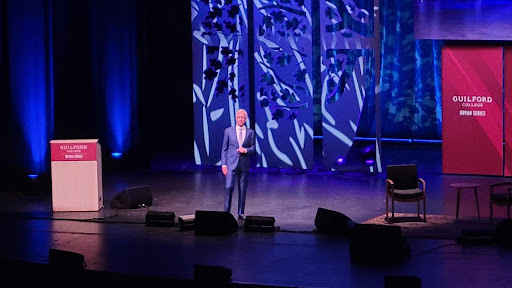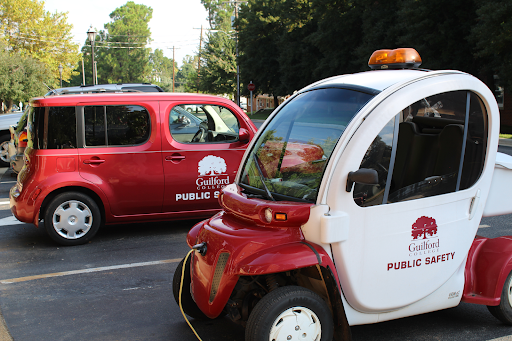July 4, September 11 and December 7.
Independence Day, the 9/11 attacks and the bombing of Pearl Harbor. These are just some of the most historic days on the American calendar. It is time to add another important date to this list: February 1, the day that four African American men from Greensboro took a seat at Woolworth’s counter and stood up to inequality.
“Fear will make you crazy, I think,” said Greensboro Four member David Richmond in an interview with North Carolina A&T University. “The adrenaline was pumping but if anybody had said, ‘Boo’ at that counter, I think I would have run.”
Richmond grew up in a segregated Greensboro and met his first wife, Janice Allen, before attending A&T, where he met fellow first-years Jibreel Khazan, Franklin McCain and Joseph McNeil. Following the sit-in at Woolworth’s, both Richmond and Allen regularly participated in marches across the city for the equal treatment of people of color.
Following the principles established by Dr. Martin Luther King, Jr., the Greensboro marches raised their demands through non-violent means.
“When we were going to march, (the police) would be there in full force,” said Allen in an interview with The Guilfordian. “As long as we were not violent, and we did the marching … we never disrespected the police, whether they disrespected us or not.”
Although many Southern cities utilized police brutality to suppress the Civil Rights movement, Greensboro officers attempted to maintain peace between opposing ideological groups.
“The students themselves were well behaved, and they never caused any problems with anybody,” said Walter Burch, former Guilford County sheriff and police officer during the Greensboro marches in an interview with the Guilfordian. “They just sat down at the counter. They proved their point and helped start getting the law changed.”
The movement brought to light the value of communication between all those involved and reinforced a lasting relationship between Burch and Richmond. However, this friendship was cut short on Dec. 7, 1990 with Richmond’s passing.
“David (Richmond) called me one day and said he wanted to meet and talk, so we planned to get together,” said Burch. “Then, about two days later, he died, so I have no idea what was on his mind.”
People across the community, including students at Guilford College, have picked up where Richmond left off in the fight for racial equality.
“As a student and a leader, it is beyond important to know the history since it paved a way for us,” said sophomore and Blacks Unifying Society treasurer Kalah Dumas. “Our goal is to make sure that we as students of color have our voices heard on this campus, and that we will not be overlooked for anything.”
The inequality that was addressed in the 1960’s and that is recurring now stems from an overlapping theme of racism in United States history.
Dr. William Chafe, Alice Mary Baldwin Professor Emeritus of History at Duke University, described the racial tensions in the United States throughout its history.
“White Americans cannot reconcile the contradiction between their belief that America is an ‘exceptional’ country that stands alone in its belief in freedom and democracy and the reality that racism is one of the founding principles of our country and remains in place,” said Chafe, author of “Civilities and Civil Rights: Greensboro, North Carolina and the Black Struggle for Freedom” in an email interview with The Guilfordian.
Greensboro continues to honor David Richmond’s legacy and the Greensboro Four by educating students and community members about the civil rights movement in the city and across the country.
“It is a part of our focus to encourage people everywhere to continue to work for the equal rights of all people, no matter their color, social, economic or political status, religion or personal issues,” said International Civil Rights Center and Museum Educational Associate Cassandra Williams in an email interview with The Guilfordian.
“We examine the civil rights history of the United States and gain wisdom and insight as we live now and build toward a future of equality for all people.”






